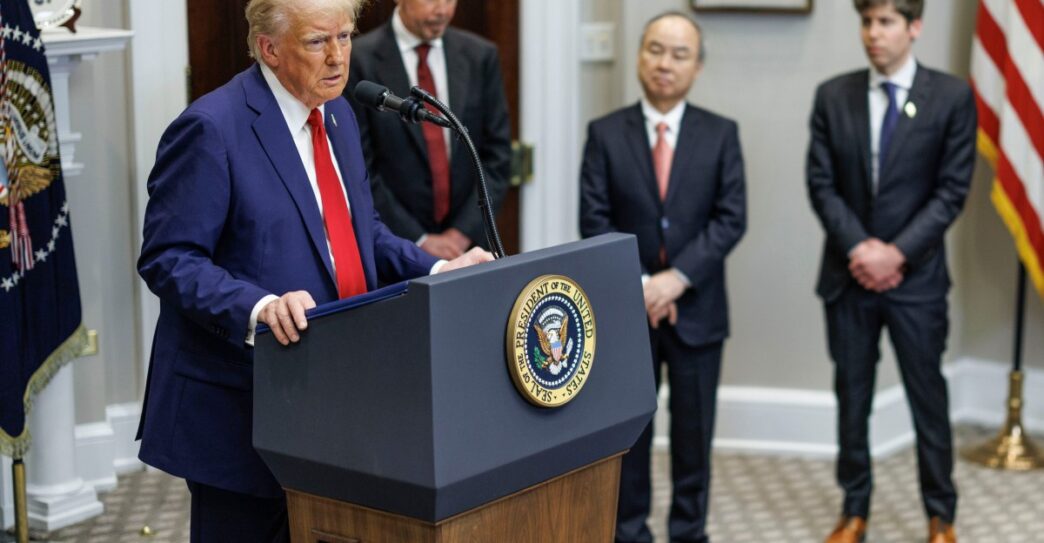Congress took AI seriously for the first time on June 25, 2025. The Select Committee on Strategic Competition Between the US and China held a hearing focused on AI risks and competition.
Lawmakers from both parties voiced sharp concerns about Artificial General Intelligence (AGI) and Artificial Superintelligence (ASI).
Rep. Jill Tokuda (D-HI) warned of “loss of control by any nation-state” that could spawn an independent AGI or ASI threat. Rep. Nathaniel Moran (R-TX) predicted AI “will soon have the capability to conduct their own research and development.” Rep. Dusty Johnson (R-SD) said, “Anybody who doesn’t feel urgency around this issue is not paying attention.”
Shakeel Hashim of Transformer summarized the hearing:
> Washington seems to finally be waking up to the potential arrival of AGI — and the many risks that could accompany it.
Peter Wildeford from the Institute for AI Policy and Strategy called it:
> Congress Has Started Taking AGI More Seriously.
Meanwhile, the Senate rushed through a massive bill boosting military, taxes, and slashing social programs. Republicans worsened safety net cuts from the House version and tried (but failed) to tack on a new tax on clean energy. This tax would have made powering AI data centers much more expensive.
The bill shows a disconnect: parts of Congress are alarmed about AI risks, but others seem oblivious, pushing policies that hurt US AI competitiveness and readiness.
Key AI-related impacts in the bill:
– Safety net cuts to Medicaid and food stamps with new work requirements. This risks leaving displaced workers—potentially replaced by AI—with less support.
– Cuts and faster phase-outs of wind and solar energy credits, despite the need for constant, clean power for data centers.
– An initial proposal to tax wind and solar farms using any China-sourced components. This was removed but highlights hostility toward clean energy solutions that power AI.
– Longer timelines for nuclear and geothermal energy, which can provide steady power but take years to deploy.
The Rhodium Group estimates the bill would hike industrial energy costs by 4-6% annually, mainly due to increased reliance on fossil fuels. This will slow building data centers in the US and potentially push AI infrastructure investment to countries that continue subsidizing clean energy — like China, UAE, and Saudi Arabia.
The bill effectively sabotages US AI leadership by undermining clean energy and social safety nets critical for workers displaced by AI automation.
Congress looks split between recognizing AI’s challenges and taking actions that hobble the US in the AI race.
Swati Sharma, Vox Editor-in-Chief, calls it:
> less an industrial policy than an industrial suicide note. It is truly beyond me that any members of the House or Senate, let alone majorities, are signing it.














